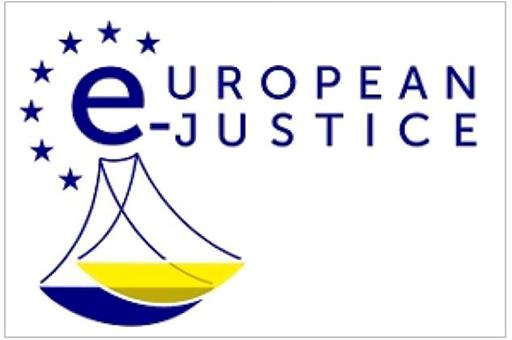The Council of the European Union (EU) and the European Parliament have reached a provisional agreement on a proposal for an EU Directive that will improve the process of investigating and prosecuting environmental crime.
TDB keeps you informed. Follow us on Facebook, Twitter and Instagram
The agreement is the result of trilogue negotiations, promoted by the Spanish Presidency of the Council of the European Union.
The acting Minister of Justice, Pilar Llop, has highlighted “the commitment of Spain and the Union to prosecute environmental crimes and defend ecosystems against multiple threats”.
She also recalled that “this new law represents a framework for joint action that will enable a unified and coordinated response against environmental crime and, therefore, against the health and life of European citizens”.
The new directive defines environmental crime more precisely and adds new types of environmental crime. For the first time, penalties for natural and legal persons are harmonized in all EU member states.
In addition, it has been agreed to increase the number of existing offences in EU criminal law from 9 to 18. This broadens and specifies the type of prohibited conduct and its impact on the environment. The new offences include trafficking in timber, which is a major cause of deforestation in some parts of the world; illegal recycling of polluting ship components; as well as serious violations of chemicals legislation.
Tougher penalties
The new directive includes a “qualified offence”, understood as one that is committed intentionally and causes either destruction or extensive and substantial damage of an irreversible or lasting nature to an ecosystem of considerable size or environmental value, or to a natural habitat within a protected area, or to the quality of air, soil or water.
The text proposes a stiffening of penalties, both for natural persons, which can reach up to ten years’ imprisonment in the most serious cases; as well as for legal persons, with a maximum penalty of at least 5% of the total worldwide income of the legal person, or alternatively, 40 million euros.
Training and resources
In addition, member states will have to ensure that training is provided for those involved in the detection, investigation and prosecution of environmental crime, such as judges, prosecutors and law enforcement authorities.
EU countries must also ensure that these authorities have adequate means, including qualified personnel and financial resources, to carry out their functions. Provisions are also made for support and assistance to persons reporting environmental crime, environmental defenders and persons affected by environmental crime.
